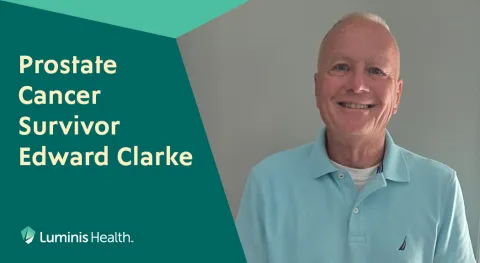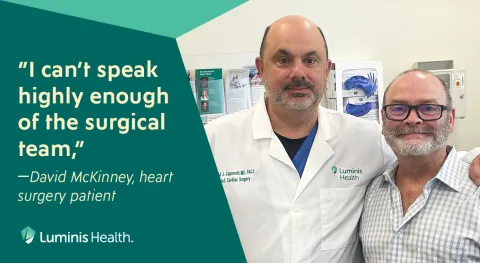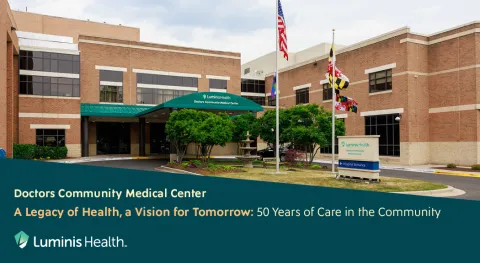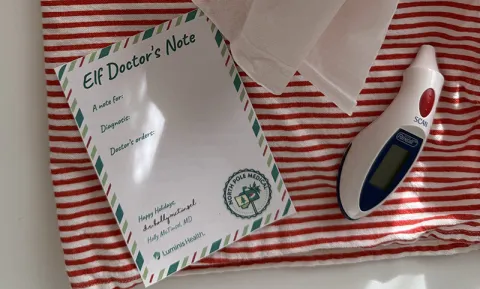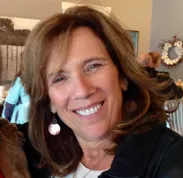
Nine years after a stroke left Judy Crane with such severe speech deficits that she had difficulty being understood, the 56-year-old Millersville resident has become an articulate and outspoken advocate for stroke patients. One of 90 patient advisors at AAMC, Judy sits on the stroke advisory committee and the patient advisory council. In both roles, she provides hospital staff with the patient perspective that helps them provide patient-centered care, reaching beyond a patient’s medical needs.
When I was invited to be a patient advisor on the stroke committee, I thought it was kind of intriguing that they even want a patient to be on their committee.
The committee gets together once a month to review the stroke cases, looking for how they can make things better. Anybody that has anything to do with a patient is there. The doctors and nurses, the pharmacy and lab, radiology, they look at the whole gamut. When topics come up, I look at them from my experience and also other people’s experiences and I provide the “bedside” view. If I can add something about how a patient would feel about it, I give my input.
One of the things I asked at the stroke committee was if anybody was willing to volunteer to start a stroke support group. Right there, three people volunteered. One is a speech therapist; one’s a physical therapist and one an occupational therapist.
When I had my stroke, I really needed to be able to talk to somebody who had experienced this. There are so many questions. Will I be able to work? What about disability? What are some tips that can help me in relating to my kids, my spouse, my friends. I mean it goes on and on. The group is a great sounding board and it’s wonderful for the staff too because they can see how patients manage afterward, and we can give feedback to the hospital about how things went.
Now, I’m also on the patient-family advisor council. That’s a bigger group that helps some of the staff come up with patient-centered care goals and initiatives. One goal is educating staff so everyone understands what patient-centered care really is. Sometimes it’s as simple as giving a patient hope, or encouraging them to be a part of their recovery process. It’s all about really looking at each patient individually, and empowering both the patient and their families to be engaged in their treatment and recovery.
To learn more about the Stroke Support Group contact Laurie Neely, physical therapist, or Jennifer Irving, speech-language pathologist or by phone: 443-481-6872.
To find out how to become a patient advisor contact Jeanne Morris, advisor coordinator, at 443-481-6054.
